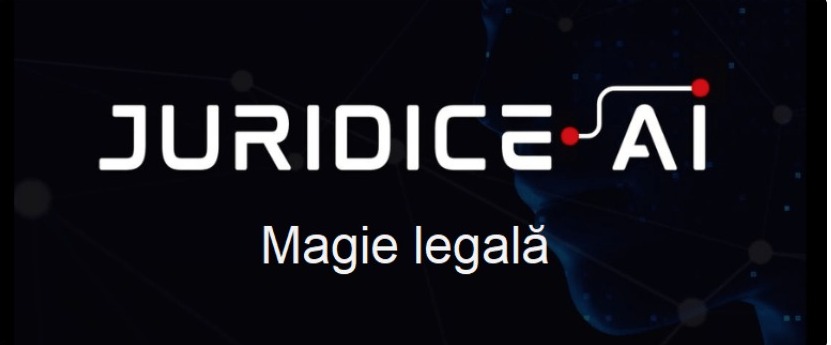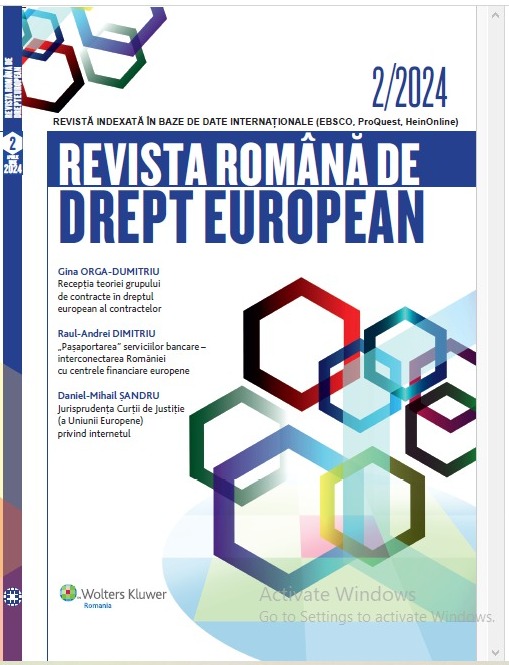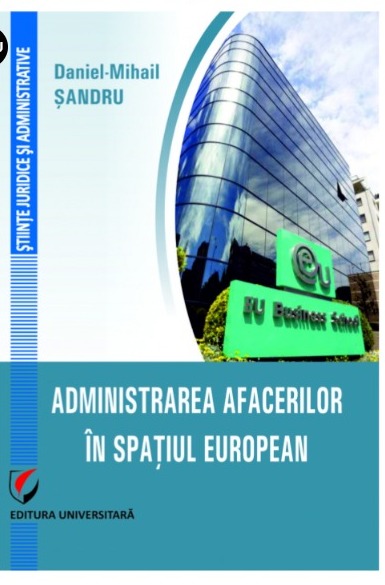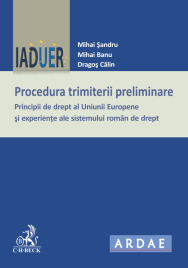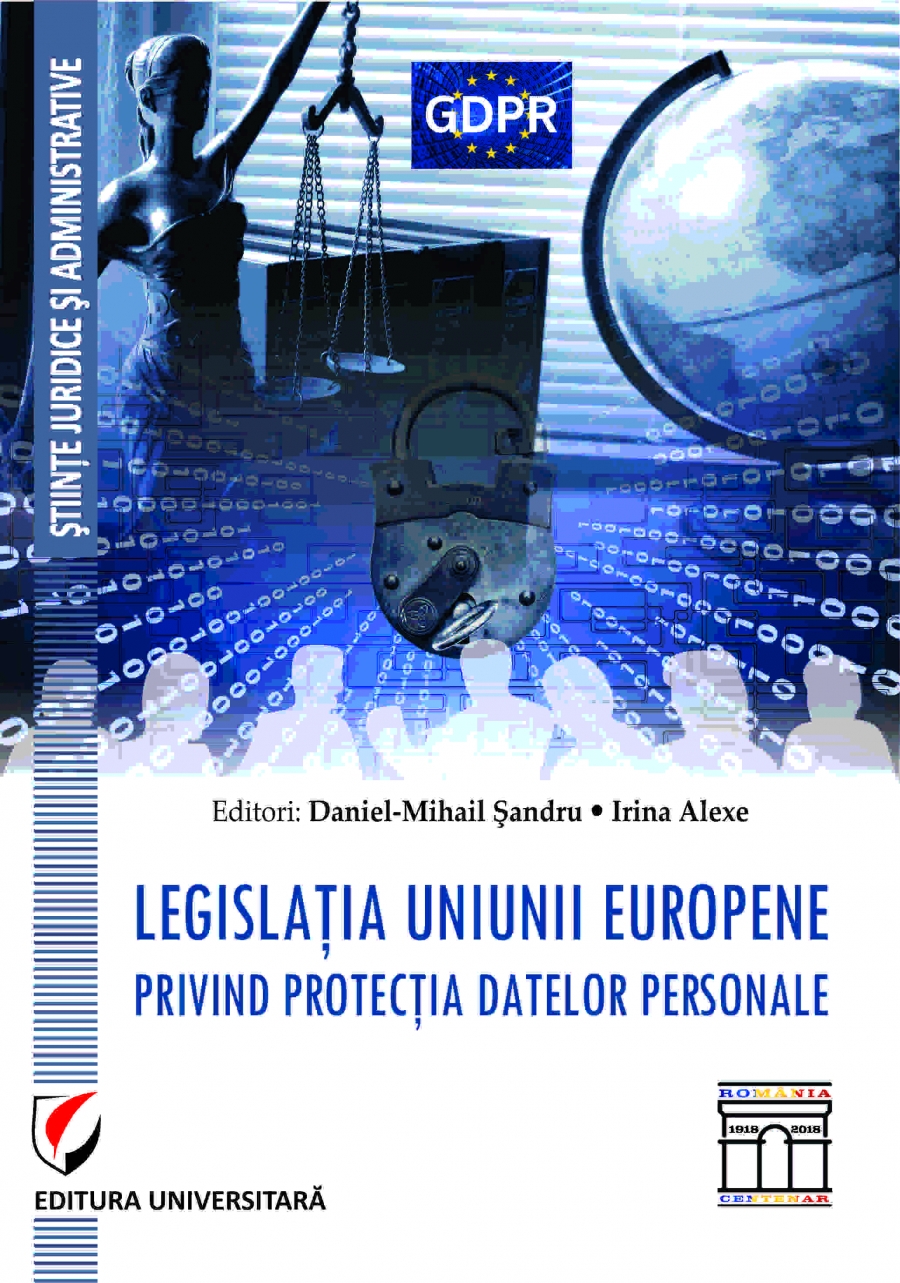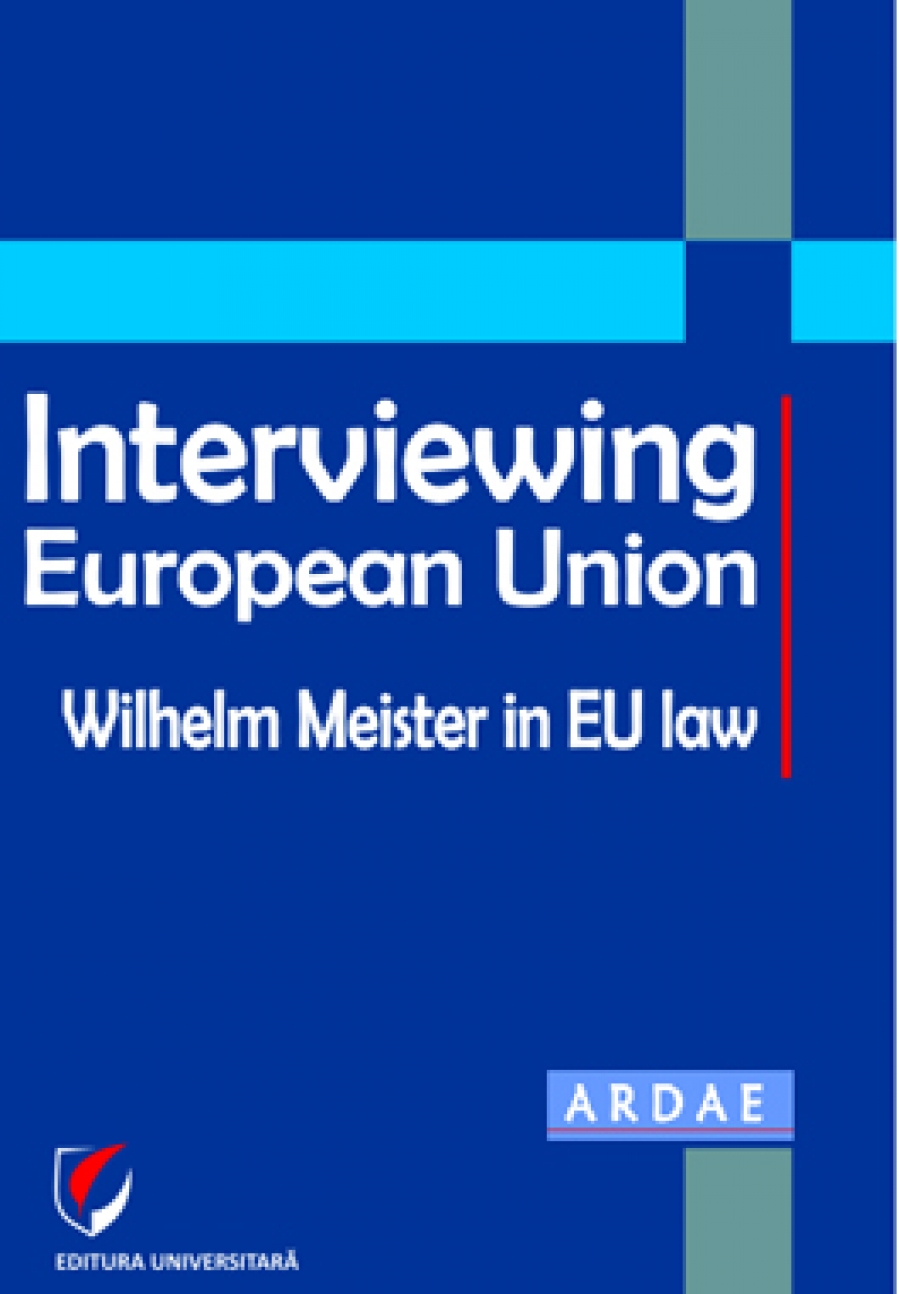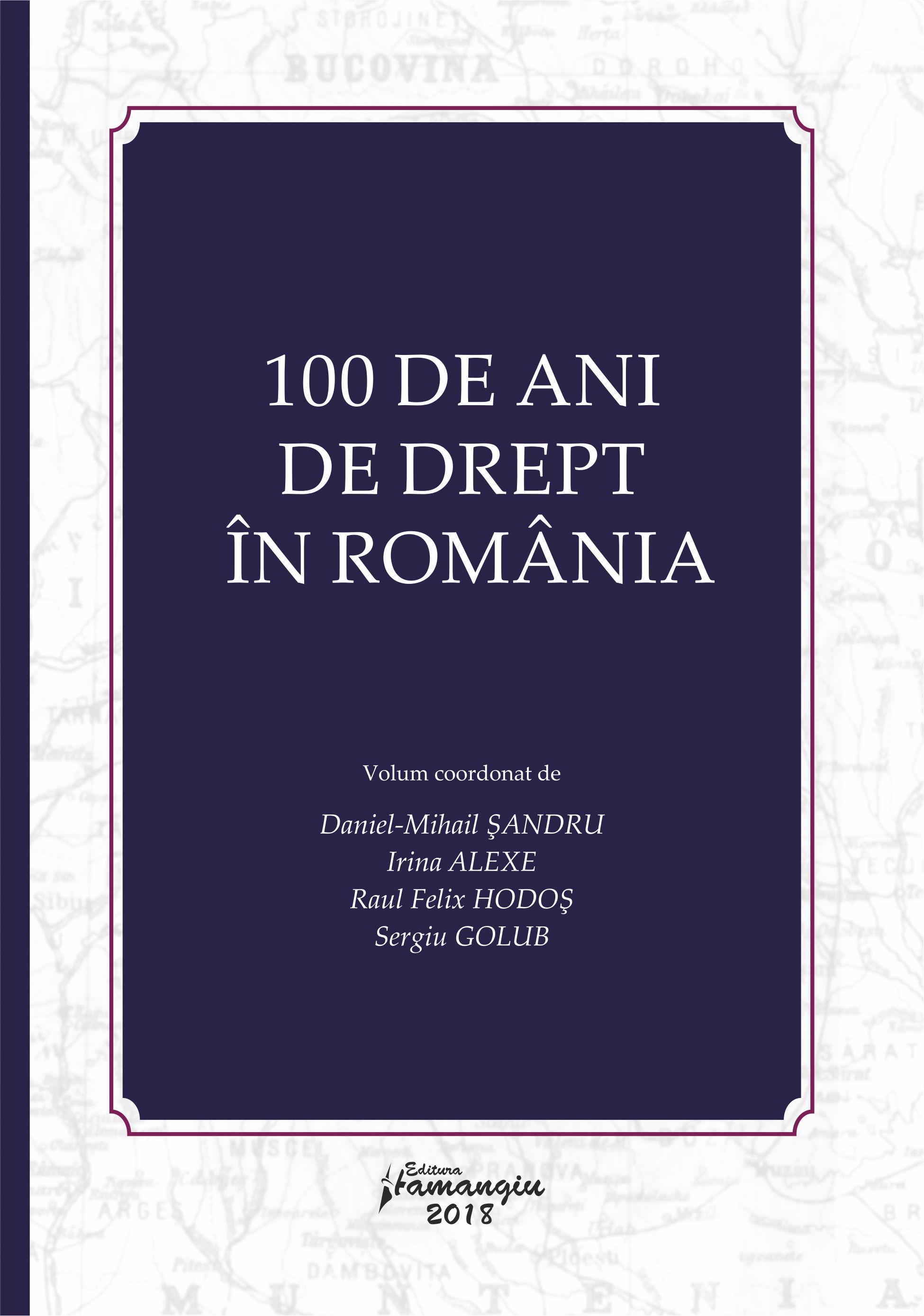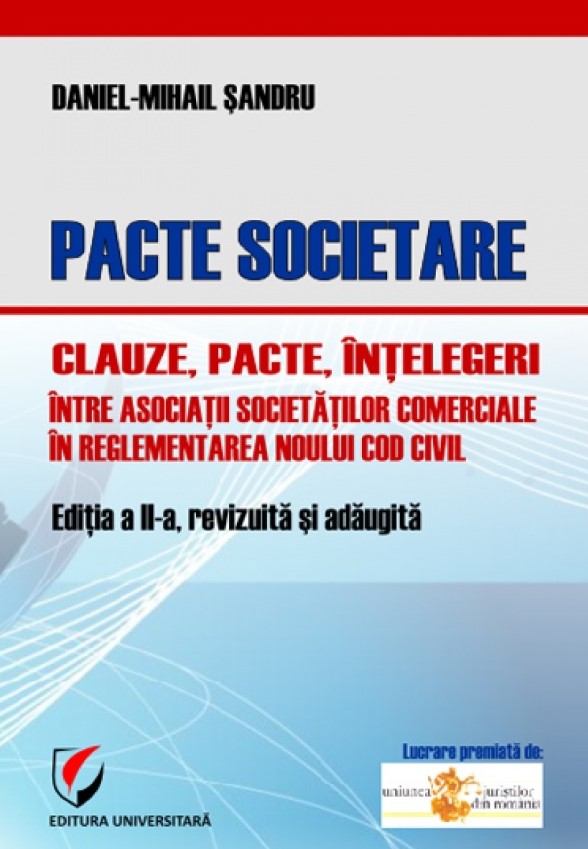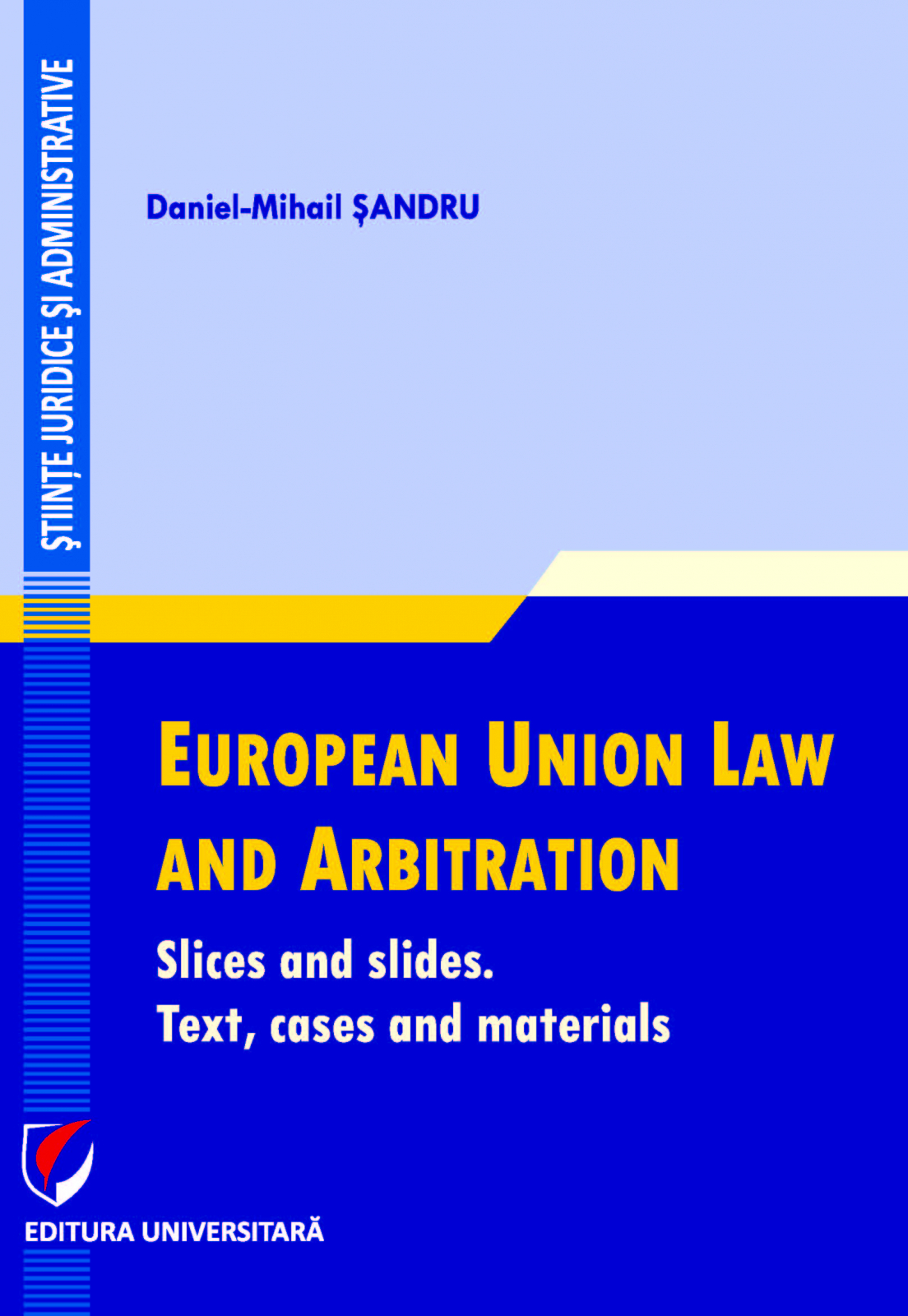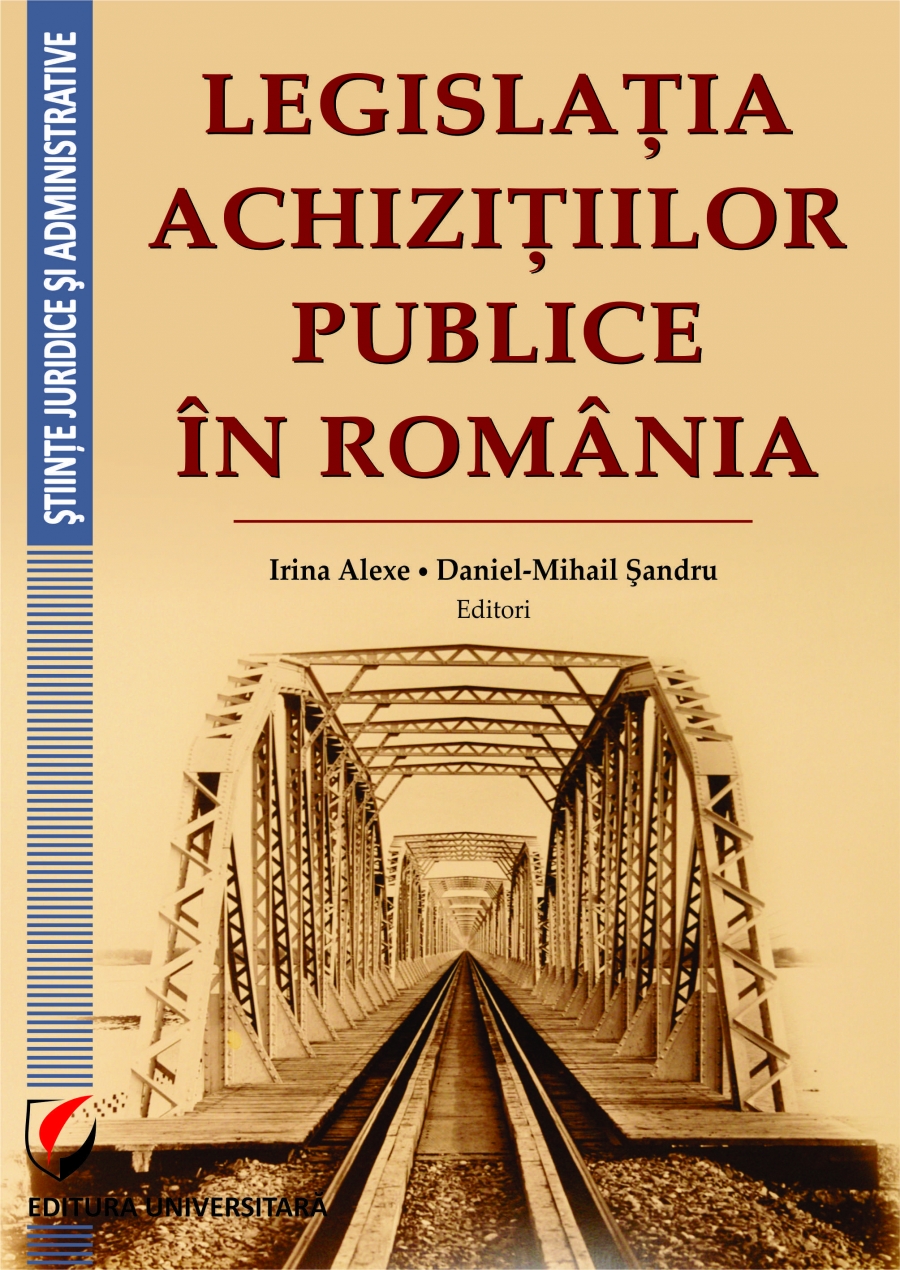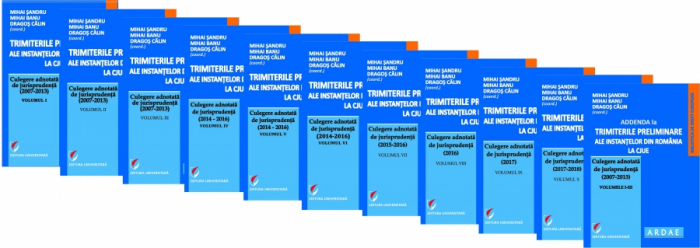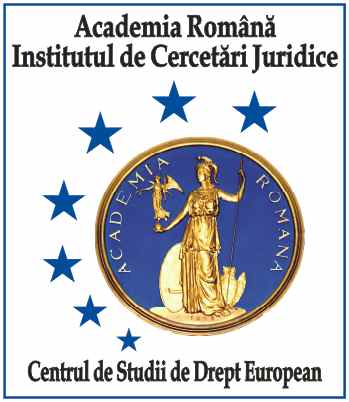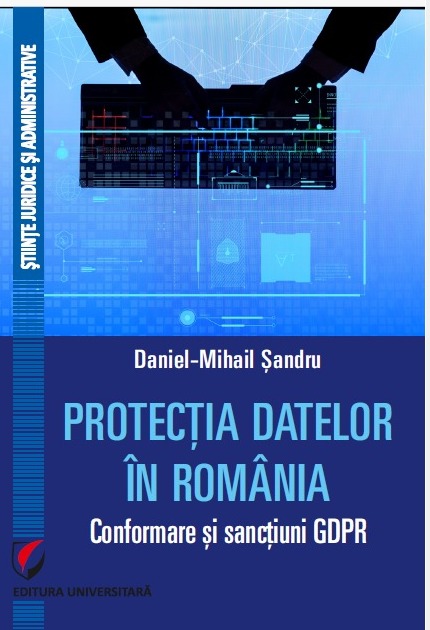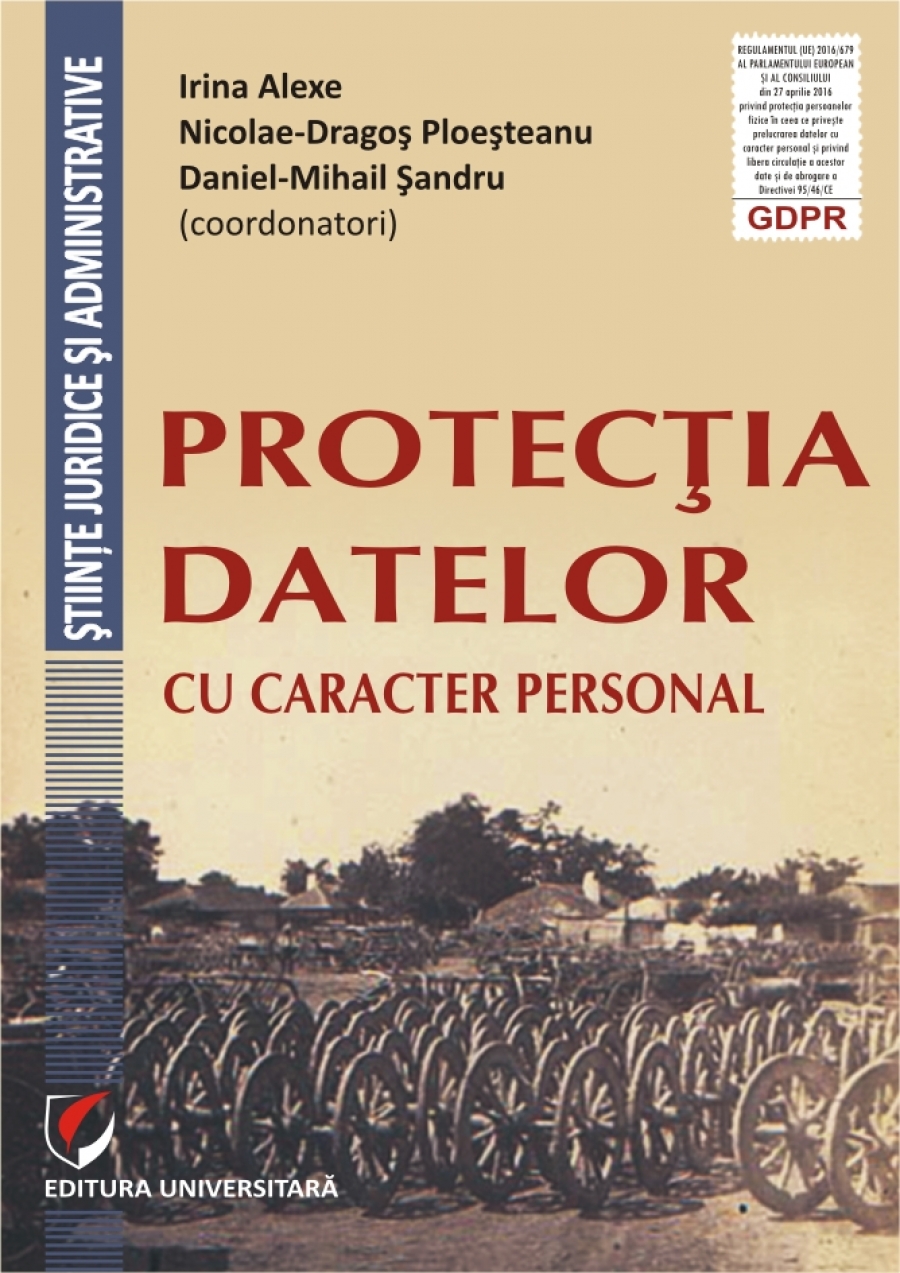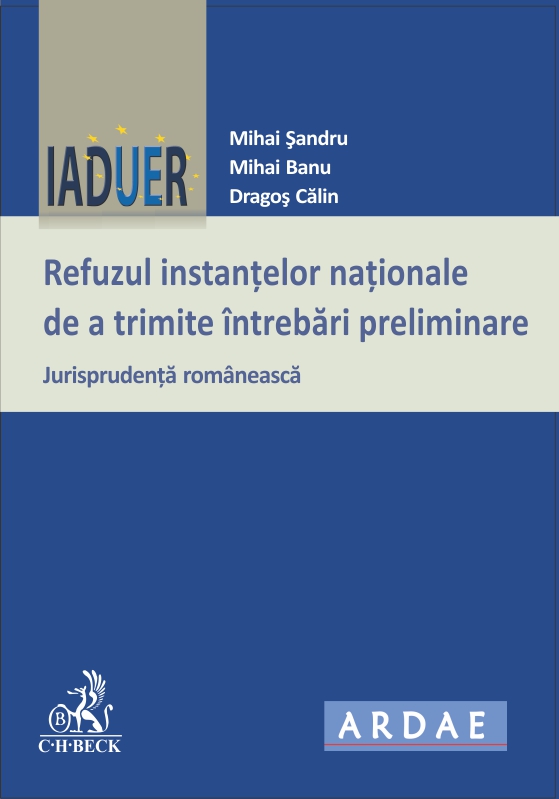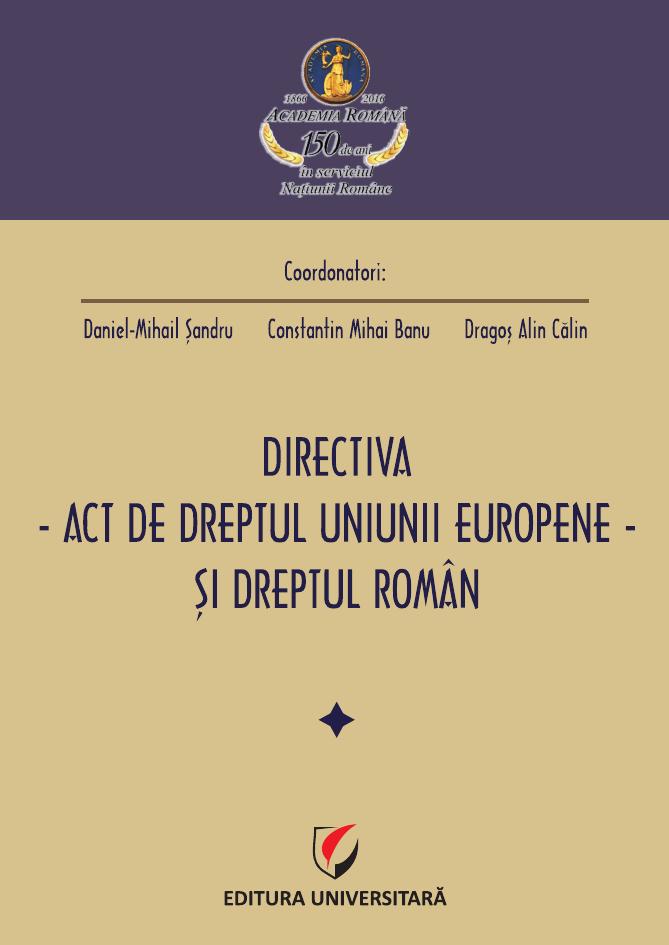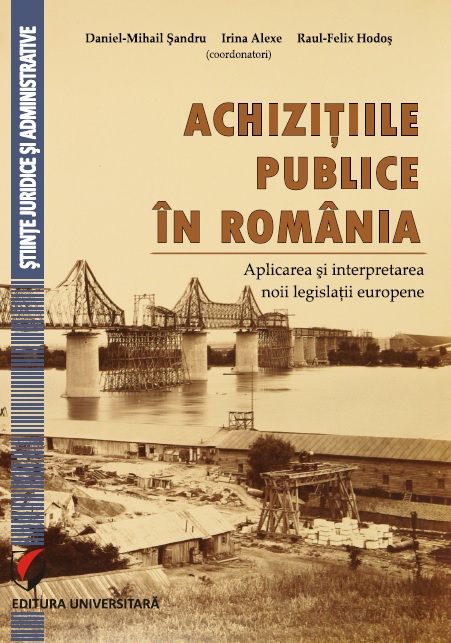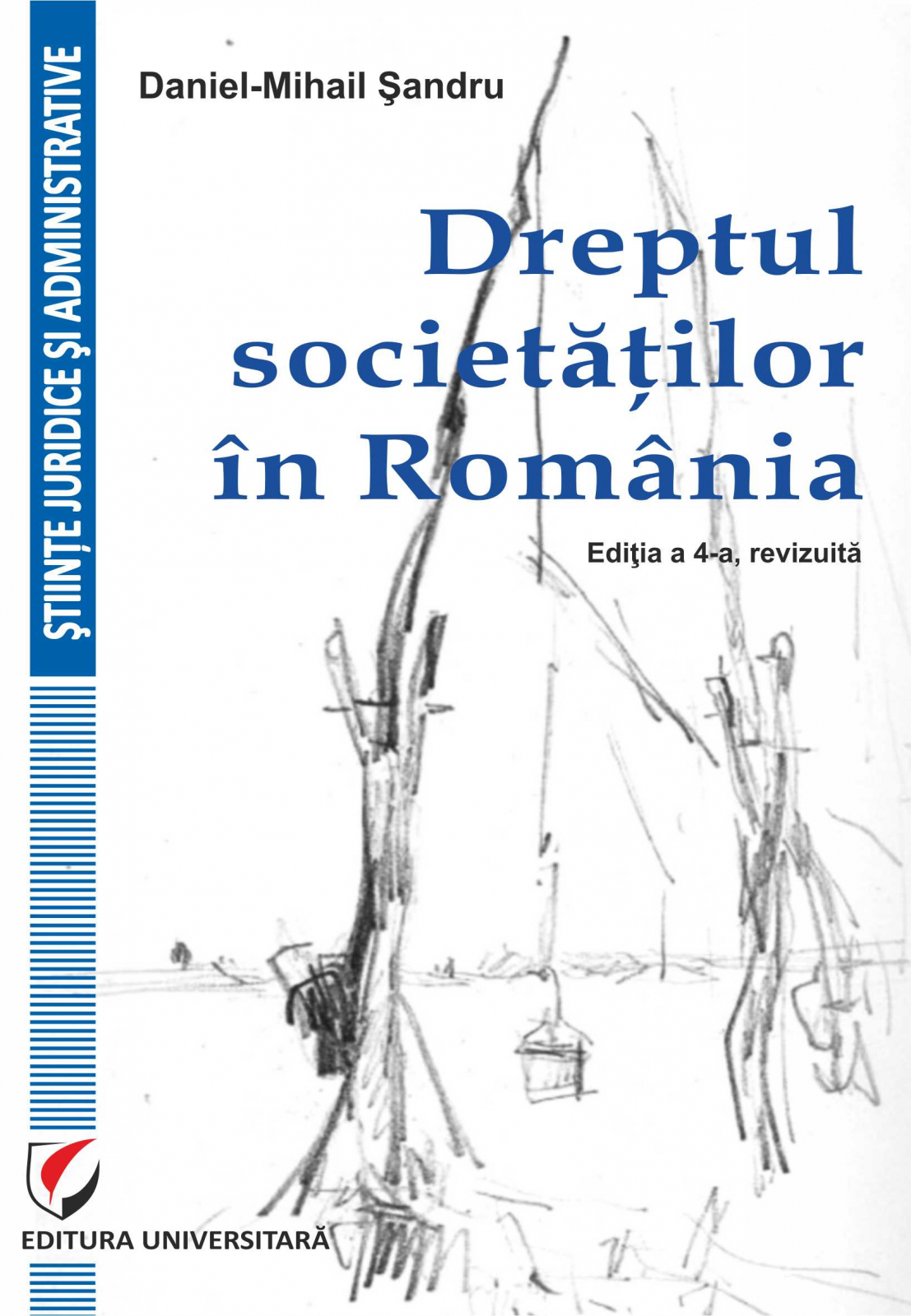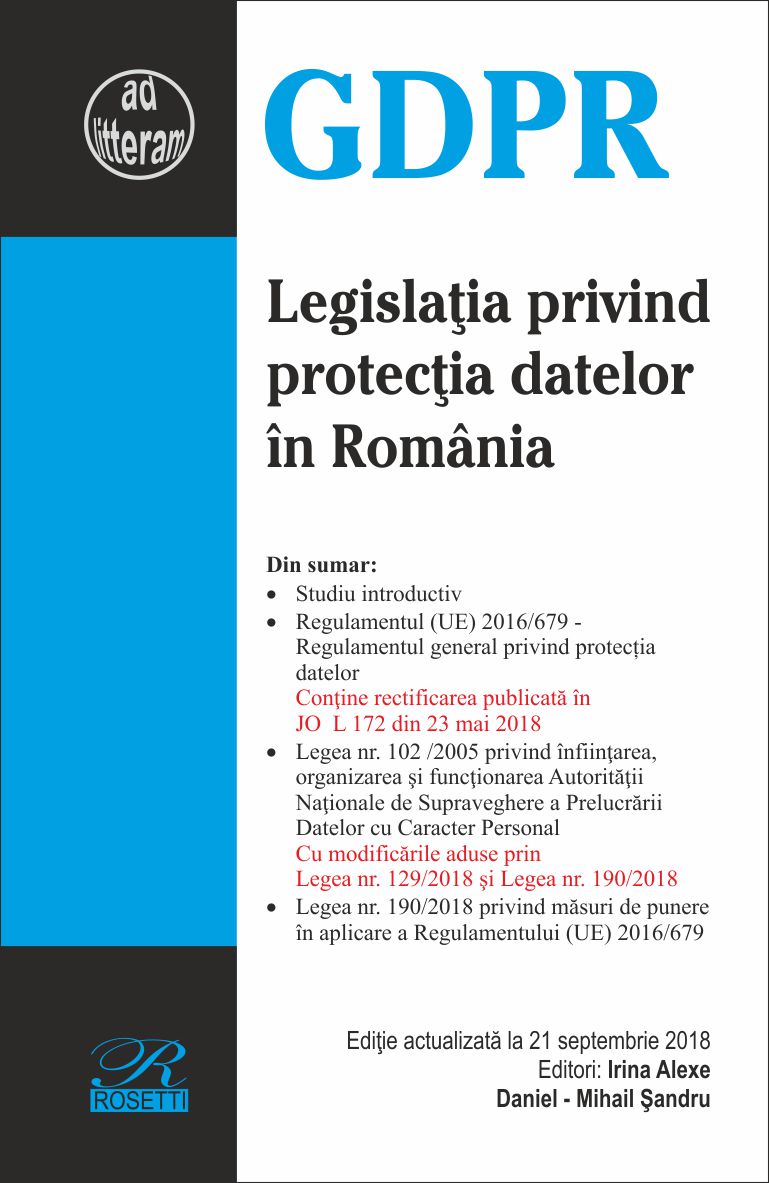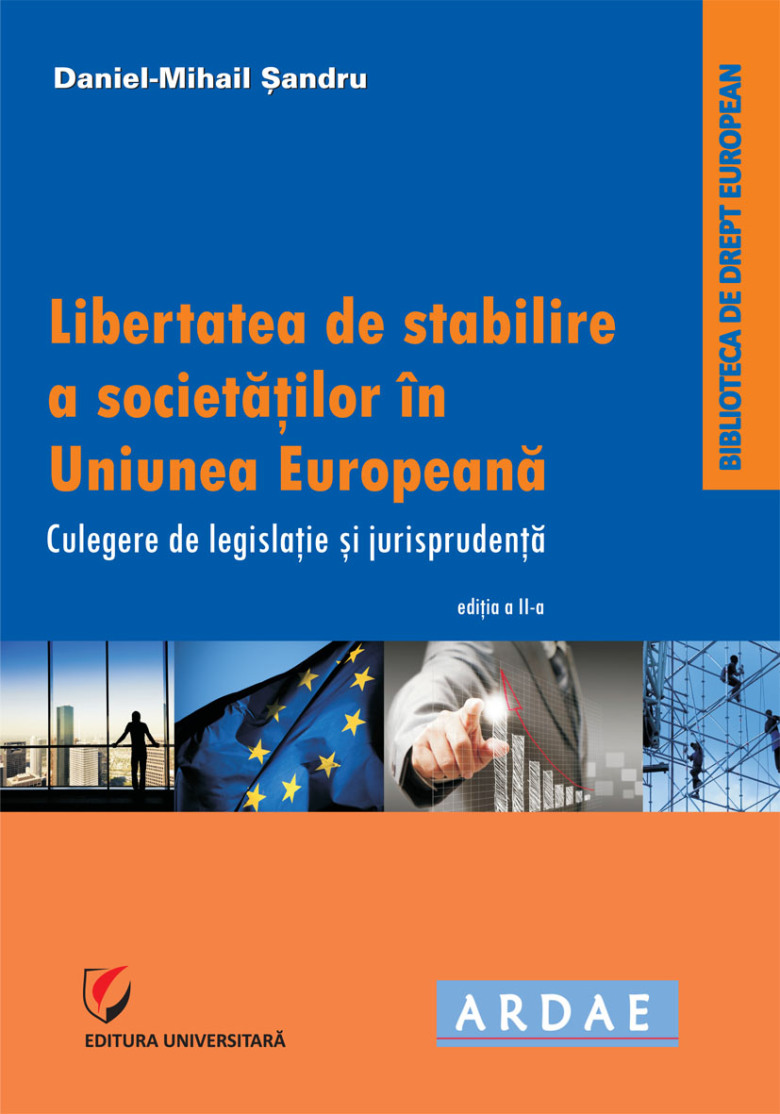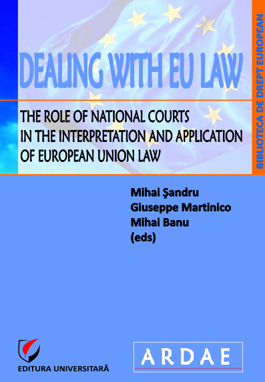
On May 25, 2021, the Legal Research Laboratory on New Technologies (LCJNT) was established as a non-formal structure, without legal personality, within the „Acad. Andrei Rădulescu” Institute of Legal Research of the Romanian Academy. LCJNT comprises specialists in relevant fields and operates under specific forms according to its mission and objectives outlined below. Following its establishment and inauguration, LCJNT will draft and establish its scientific activity program.
JUSTIFYING CONSIDERATIONS
The 21st century has created major challenges for the legal field, especially in efforts to adapt to new realities. Thus, in this context, classical disciplines have been fractured, leading to the formation of new research directions in emerging, inter-, and transdisciplinary domains. Society is facing three major challenges: the environment, including climate, food, and new technologies.
Legal issues are dynamic and sometimes acquire an urgent nature. Practice, technology, and technical developments are at the forefront of regulations. Given the accelerated scientific development (especially in new technologies), legislators have become subsequent actors, often merely observing states of fact which, by the time optimal legislation is adopted, will already have been surpassed by scientific and technical progress.
New technologies require, on the one hand, a legally coherent interdisciplinary structure. Various legal domains and disciplines contribute to the development of this structure, as well as to a research methodology for addressing diverse and debatable topics. On the other hand, new technologies demand a transdisciplinary approach, particularly due to their technical component. For a long time, the use of new technologies has been carried out— and in certain cases, still is— under regulations that do not address current realities.
Research fields for new technologies include: artificial intelligence, high-performance computing, digital skills, connectivity, the European data strategy, digital services— all with some of the most interesting applications in robotic process automation, 5G, blockchain, the Internet of Things (IoT), cloud computing, data protection, cybersecurity, quantum computing, and virtual or augmented reality.
MISSIONS
LCJNT operates with the aim of achieving the following missions:
a) Creating interdisciplinary and transdisciplinary research teams to investigate the legal aspects of new technologies, with the purpose of formulating analyses and applied legislative proposals;
b) Organizing events that provide a forum for debate on the legal impact of new technologies and facilitate knowledge exchange between researchers and practitioners;
c) Facilitating collaboration between researchers, university professors, and practitioners from various fields (data protection, cybersecurity, engineering, etc.) to integrate multiple perspectives into legal analyses of new technologies;
d) Disseminating research findings and outcomes of organized events through the publication of reports, studies, and media communications, increasing public access to information and legal education;
e) Publishing scientific articles in journals and volumes;
f) Encouraging the involvement of doctoral students and young researchers in LCJNT’s projects and studies, contributing to the training and strengthening of future generations of specialists.
STRATEGIC OBJECTIVES
The strategic objectives of LCJNT are:
a) Establishing LCJNT as a national reference structure in legal research on new technologies;
b) Developing a national and international network of collaborators, including researchers, university professors, and practitioners, to facilitate knowledge exchange and expand collaborations;
c) Actively contributing to the legislative process by formulating recommendations for legislation on new technologies, consolidating LCJNT’s role as a source of expertise and influence in legal debates;
d) Expanding and strengthening doctoral education by actively involving doctoral students in all stages of LCJNT’s projects and events, ensuring practical and advanced training in the legal field.
.
LCJNT STRUCTURE
Coordinators:
- CSI, Prof. Univ. Dr. Daniel-Mihail ȘANDRU, „Acad. Andrei Rădulescu” Institute of Legal Research, Romanian Academy;
- PhD Candidate Marius Cătălin MITREA, „Acad. Andrei Rădulescu” Institute of Legal Research, Romanian Academy.
Scientific Committee:
- Dr. Tudor AVRIGEANU, „Acad. Andrei Rădulescu” Institute of Legal Research, Romanian Academy;
- Dr. Irina ALEXE, „Acad. Andrei Rădulescu” Institute of Legal Research, Romanian Academy;
- Dr. Mihai BANU, „Acad. Andrei Rădulescu” Institute of Legal Research, Romanian Academy;
- Dr. Dragoș-Alin CĂLIN, „Acad. Andrei Rădulescu” Institute of Legal Research, Romanian Academy;
- Dr. Cristian DUCU, New Europe College;
- Dr. Cătălina GOANȚĂ, Utrecht University;
- Assoc. Prof. Dr. Nicolae GROFU, „Alexandru Ioan Cuza” Police Academy, Bucharest;
- Assoc. Prof. Dr. Raul Felix HODOȘ, „1 Decembrie 1918” University, Alba Iulia;
- Dr. Dan PASCU, Vice President, Competition Council;
- Dr. Nicolae PANĂ, Postdoctoral Fellow, Bucharest University of Economic Studies;
- Assoc. Prof. Dr. Nicolae Dragoș PLOEȘTEANU, „George Emil Palade” University of Medicine, Pharmacy, Science, and Technology, Târgu Mureș;
- Lawyer Dr. Andrei SĂVESCU, Society of Legal Sciences.
Doctoral Members:
- PhD Candidate Daniela DUȚĂ, „Acad. Andrei Rădulescu” Institute of Legal Research, Romanian Academy;
- PhD Candidate Alexandru GEORGESCU, „Acad. Andrei Rădulescu” Institute of Legal Research, Romanian Academy;
- PhD Candidate Daniela ILINCA, „Acad. Andrei Rădulescu” Institute of Legal Research, Romanian Academy.
Assistant Collaborators:
- Nicoleta ZOIȚANU, Research Assistant Collaborator;
- Maria IOSIF, Communication Assistant Collaborator;
- Alexandra CHILOM, Graphic Design Assistant Collaborator.
ACTIVITY
- 2022-2023 CJEU Jurisprudence and European
Consultations - March 14, 2023 – CISCOREP & CRP & LCJNT:
Anatomy of a cookie: how it communicates with a user - 2021-2022 CJEU Jurisprudence and European
Consultations - May 12, 2022 – SCOSAAR | CSDE | LCJNT | Focus group:
On consent and its withdrawal: as simple as that? On the Advocate General’s
conclusions in case C-129/21, Proximus - May 5, 2022 – SCOSAAR | CSDE | LCJNT | Focus group:
C-319/20, Meta Platforms Ireland, judgment of April 28, 2022: are consumer
protection associations also data protection associations? - April 14, 2022 – SCOSAAR | CSDE | LCJNT | Focus group:
Communications retained: generalized and undifferentiated retention of transfer
data and location data and the exceptions of the Court of Justice in case C-140/20 - April 7, 2022 – SCOSAAR | CSDE | LCJNT | Focus group:
Opinions of the Advocate General presented on 31 March 2022 in case C‑77/21,
Digi - March 31, 2022 – SCOSAAR | CSDE | LCJNT | Focus group:
Data Law in the European Union (2022) - March 24, 2022 – SCOSAAR | CSDE | LCJNT | Focus group:
Current issues regarding the protection of fundamental rights and freedoms in
the European Union. Protecting media freedom in the EU: new rules - March 24, 2022 – SCOSAAR | CSDE | LCJNT | Focus group:
Current issues regarding the protection of fundamental rights and freedoms in
the European Union. Protecting media freedom in the EU: new rules - March 17, 2022 – SCOSAAR | CSDE | LCJNT | Focus group:
Facebook Ireland and others – CJEU judgment of 15 June 2021 delivered in case
C-645/19: on cooperation - March 10, 2022 – SCOSAAR | CSDE | LCJNT | Focus group:
C-175/20, Valsts eizumenu dienests – compliance with the principles of personal
data protection in the request for communication of information - February 21, 2022, SCOSAAR | CSDE | LCJNT | Focus
group: The relationship between the precautionary principle and data protection - October 28, 2021 – SCOSAAR | CSDE | LCJNT | Focus
group: Consultation of the European Commission „Civil liability –
adaptation of liability rules to the digital age and artificial
intelligence”.

